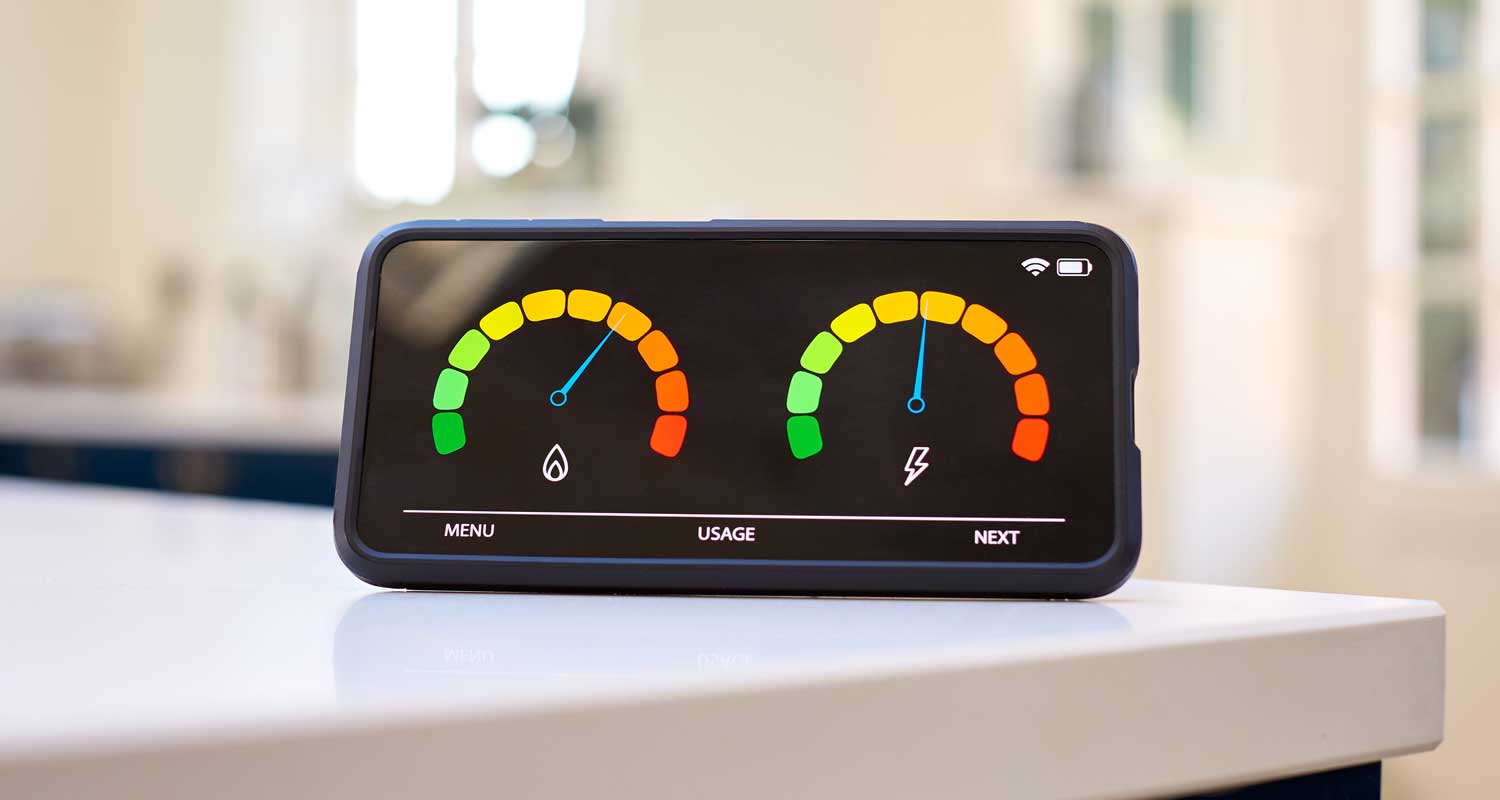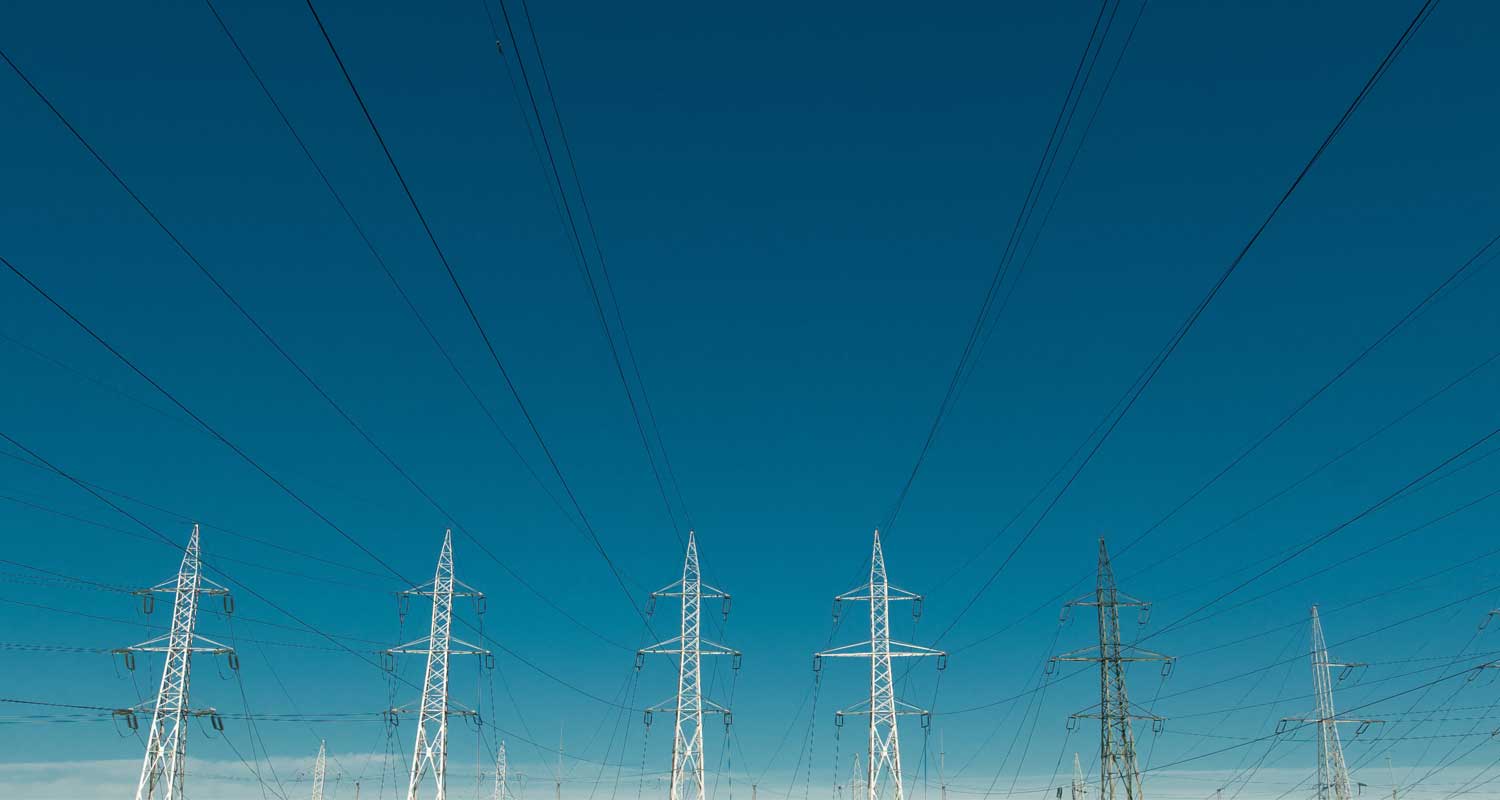 Eskom recently announced plans to install smart meters in homes nationwide as it grapples with ways to reduce energy demand amid severe load shedding.
Eskom recently announced plans to install smart meters in homes nationwide as it grapples with ways to reduce energy demand amid severe load shedding.
The smart meters will allow for remote monitoring and control of geysers, with the aim of reducing strain on the national grid. While the initiative has sparked concern about loss of autonomy, proponents argue that smart geysers offer a real solution by empowering individuals to self-regulate their electricity consumption.
The so-called “demand-side management” (DSM) project, which electricity minister Kgosientsho Ramokgopa estimates will cost about R16-billion to deploy in eight million homes, aims to curb excessive electricity demand during peak times by disconnecting customers who exceed “responsible” usage limits.
The average power demand from geysers accounts for about 10% of Eskom’s installed capacity, reaching as high as 35% during daily peak periods. By remotely monitoring and controlling geysers, Eskom believes it can identify and address “excessive” energy usage, ultimately alleviating load shedding.
With geysers identified as a significant contributor to energy consumption, government has said it wants to save up to 3.5GW of electricity by reducing geyser-related demand by at least 1GW.
To ensure accessibility, especially for financially disadvantaged households, government has secured a partnership with a major financier to facilitate the roll-out of smart meters and provide financing options.
The smart meters will enable remote control of geysers through smartphones, allowing Eskom to set recommended operating times and send reminders to switch them off. Furthermore, the meters support two-way communication, allowing Eskom to limit power supply to homes and prompt users to turn off energy-intensive appliances like geysers and stoves.
Moderation
Mark Allewell, CEO and founder of Sensor Networks, a local energy-focused smart-home specialist, said remote geyser management is key to long-term electricity consumption moderation in South Africa.
Smart geyser controllers, equipped with real-time data and accessible through a mobile app, provide homeowners with the ability to manage their geysers’ heating schedule from wherever they are. Already, thousands of homeowners across South Africa have installed smart geysers, with nearly 50% utilising an app for efficient water-heating control, Allewell said.
With almost a million geysers sold annually in South Africa, the potential impact of remotely managing these devices is enormous, he added. If every geyser could be controlled remotely, it is estimated that South Africans could shift 10% of electricity demand to a different time of the day, thereby reducing demand in peak times and, in theory, reducing the intensity of load shedding.
Allewell said smart geyser controllers offer homeowners numerous benefits, including reducing electricity consumption and energy bills by around 35%, improving load shedding resilience, and providing visibility into the geyser’s condition.
 Beyond the advantages of control and energy savings, smart geysers also have implications for insurance companies and homeowners.
Beyond the advantages of control and energy savings, smart geysers also have implications for insurance companies and homeowners.
Faulty or burst geysers result in costly insurance claims, running into thousands or even tens of thousands of rand each. However, with smart geysers, homeowners receive real-time notifications of issues such as leaks or electrical faults, allowing for swift repairs and simplified claims processes, Allewell said.
Insurance companies recognise the value of risk reduction and energy savings, some even subsidising smart-geyser installations and hardware and offering additional benefits such as zero-excess policies for homeowners with smart geyser devices, Allewell added. – © 2023 NewsCentral Media




